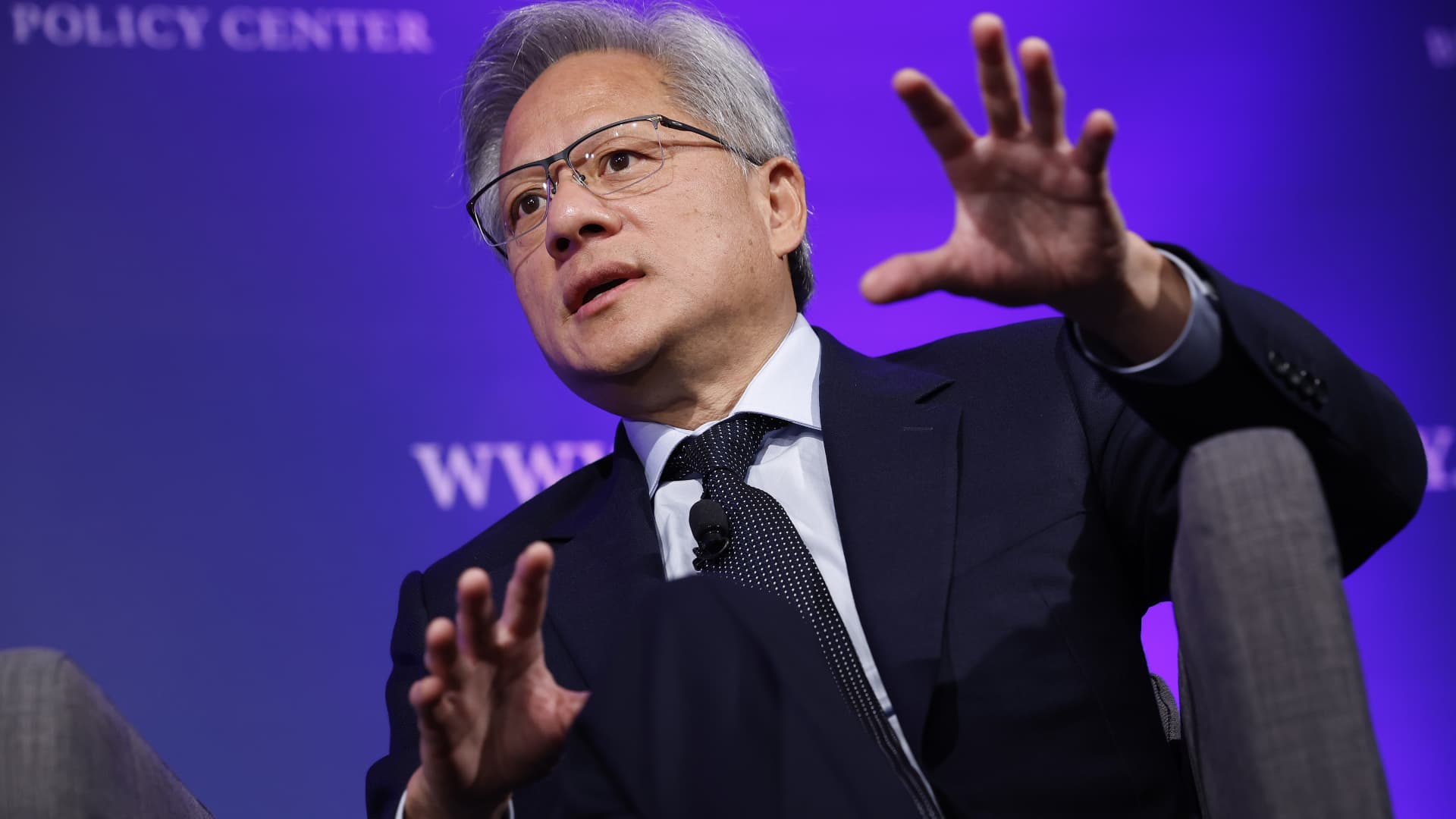Nvidia’s New Gaming Chips: Unleashing AI Power for PC Gamers
Nvidia has recently made waves in the gaming world by unveiling its latest gaming chips, designed specifically for PC gamers. These innovative chips incorporate advanced AI features that are derived from the company’s highly successful data center GPUs. The integration of artificial intelligence into gaming hardware is set to revolutionize the gaming experience, pushing the boundaries of performance, realism, and immersion. In this article, we will explore the implications of Nvidia’s new gaming chips, examining the technology behind them, their potential impact on gaming, and what they mean for the future of PC gaming.
The AI Revolution in Gaming
Artificial intelligence has been making strides across various industries, and gaming is no exception. Nvidia’s new gaming chips leverage the power of AI to enhance graphics, improve frame rates, and create more immersive gaming environments. By utilizing machine learning algorithms, these chips can analyze vast amounts of data in real-time, allowing for dynamic adjustments that optimize the gaming experience.
One of the standout features of these chips is their ability to upscale lower resolution textures using AI-driven techniques. This means that even if a game is not natively designed for high resolutions, the new Nvidia chips can enhance the visual fidelity, making older titles look stunningly sharp on modern displays. This capability not only enhances the gaming experience but also extends the life of existing games, offering players a reason to revisit their favorites.
Performance Enhancements: What to Expect
Performance is a critical aspect for any gamer, and Nvidia’s new gaming chips are engineered to deliver exceptional results. With the integration of AI, these chips can optimize performance in several ways:
- Dynamic Frame Rate Adjustment: The chips can adjust frame rates on the fly, ensuring a smoother gaming experience even during intensive scenes.
- Enhanced Ray Tracing: AI algorithms can improve ray tracing capabilities, resulting in realistic lighting and shadows without sacrificing performance.
- Smart Resource Allocation: The chips intelligently allocate resources based on the demands of the game, allowing for efficient performance management.
These enhancements mean that gamers can expect a more fluid and responsive gameplay experience, with reduced lag and improved visual quality. This is particularly significant for competitive gaming, where every millisecond can make a difference.
AI-Powered Gaming Features
The introduction of AI in Nvidia’s gaming chips opens up a realm of new features that can enhance gameplay. Some of the most exciting prospects include:
- AI-Driven NPC Behavior: Non-playable characters (NPCs) can exhibit more realistic and unpredictable behavior, making games feel more alive and engaging.
- Personalized Gaming Experiences: AI can analyze a player’s style and preferences, adjusting gameplay elements to suit individual playstyles.
- Enhanced Audio Experiences: With AI, soundscapes can be dynamically adjusted based on in-game events, providing a more immersive auditory experience.
These features not only improve the enjoyment of games but also create new opportunities for developers to explore innovative gameplay mechanics. The future of gaming could very well hinge on how effectively developers harness the capabilities of AI through Nvidia’s new chips.
The Competitive Edge for Gamers
For competitive gamers, having the latest technology can be a game-changer. Nvidia’s new gaming chips provide a significant advantage by ensuring that players can access enhanced performance and features that can influence game outcomes. The ability to achieve higher frame rates and better graphics can lead to improved accuracy and reaction times, crucial factors in competitive gaming.
Moreover, with the AI enhancements, gamers can expect a more balanced playing field. The chips’ capabilities to adjust settings dynamically means that even players with less powerful systems can experience smoother gameplay, reducing the gap between high-end and mid-range setups.
The Future of Gaming with Nvidia’s Innovations
The implications of Nvidia’s new gaming chips extend beyond just immediate performance improvements. As AI continues to evolve, we can anticipate even more groundbreaking features and tools that will redefine gaming as we know it. Here are a few potential developments:
- More Immersive Virtual Reality (VR): AI can enhance VR experiences by creating adaptive environments that respond to player actions, making virtual worlds feel more real.
- Procedurally Generated Content: AI can enable the generation of unique game content on-the-fly, offering players endless possibilities and varied experiences.
- Better Game Development Tools: Developers can leverage AI to streamline the creation process, enabling them to focus on creative storytelling and gameplay mechanics.
These advancements could usher in a new era of gaming that emphasizes not only visual fidelity but also interactive storytelling and player engagement.
Conclusion: Embracing the Future of Gaming
Nvidia’s new gaming chips represent a significant leap forward in the integration of artificial intelligence within the gaming industry. By enhancing performance, realism, and user experience, these chips are set to redefine what gamers can expect from their gaming systems. As technology continues to evolve, the potential for AI to further enhance gaming is boundless.
For PC gamers eager to embrace the future, investing in Nvidia’s latest offerings may well be the key to unlocking unprecedented gaming experiences. With every new innovation, the landscape of gaming becomes richer and more immersive, promising exciting times ahead for gamers everywhere. As we look forward to the next generation of gaming, it’s clear that Nvidia is at the forefront, leading the charge into an AI-powered future.
See more Future Tech Daily

